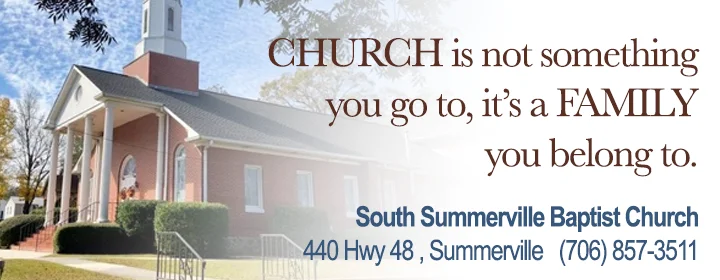
The Joy of the Journey:
Reconciliation
Reconciliation is a main belief of the Christian faith, deeply rooted in the teachings of scripture and the life of Jesus. We live in an increasingly broken world, marked by political turmoil, societal division, and interpersonal strife; the Church is called to embody and champion reconciliation. It is essential to understand that reconciliation is not merely a passive desire but an active pursuit of unity and understanding among believers and our communities.
At the heart of the Gospel message is the call to reconciliation. 2 Corinthians 5:18-19 states, “All this is from God, who through Christ reconciled us to himself and gave us the ministry of reconciliation; that is, in Christ God was reconciling the world to himself, not counting their trespasses against them.” This passage underscores that reconciliation stems from God’s actions through Christ. Our relationship with God, healed and restored through grace, compels us to extend that same grace to others. This is difficult, but a challenge the church must accept.
The Church, as the body of Christ, is tasked with the ministry of reconciliation. Ephesians 2:14-16 proclaims, “For he himself is our peace, who has made us both one and has broken down in his flesh the dividing wall of hostility.” Paul reminds us that the barriers that divide us, i.e., culturally, racially, politically, or economically, are dismantled in Christ. As ambassadors of His reconciliation, the Church must navigate the current divisions in our world and model what it looks like to live in harmony.
In our current world, divided communities and relationships are all too familiar. Many people feel alienated from one another due to differing beliefs, race, politics, or socioeconomic status. This division has crept into many churches, often undermining their unity and mission. Jesus prayed in John 17:21, “…that they may all be one, just as you, Father, are in me, and I in you, that they also may be in us, so that the world may believe that you have sent me.” The Church’s unity serves as a statement to the world of God’s love and salvation.
Harmony in the Church is not merely an ideal but essential for an authentic witness. When churches are fractured, they fail to reflect God’s character and love, and their effectiveness in reaching out to a broken world is diminished. Thus, pursuing reconciliation within the Church becomes urgent.
The process of reconciliation begins with acknowledgement. Romans 12:10 says, “Love one another with brotherly affection. Outdo one another in showing honor.” Churches should embrace diversity as a challenge and an opportunity to celebrate God’s creativity in humanity. Discussions addressing differences in experiences, culture, and perspectives can create a foundation for understanding. This creates a safe place for open dialogue, essential for reconciliation. James 1:19 encourages, “Know this, my beloved brothers: let every person be quick to hear, slow to speak, slow to anger.” Establishing safe spaces for dialogue about divisive issues can facilitate understanding. This requires creating environments where individuals feel valued and can express their thoughts freely.
Another way to promote reconciliation is for the Church to model reconciliation through acts of service. Galatians 5:13 instructs believers to “serve one another through love.” Community outreach helps break down barriers by encouraging interaction across different groups. When we serve together, we build relationships that transcend divisions, fostering a spirit of unity.
Last of all, prayer is a cornerstone of reconciliation. Colossians 4:2 exhorts us to “continue steadfastly in prayer, being watchful in it with thanksgiving.” Prayer invites God into the reconciliation process, seeking His guidance and healing. Each member of the Church should be encouraged to pray individually and corporately for the unity of the body. This cannot be overemphasized: prayer is the key to unlocking the power of God’s Spirit to unify His people!
We must remember that reconciliation is not a one-time effort but an ongoing commitment that requires intentionality, humility, and grace. It challenges us to confront our biases and step beyond our comfort zones. In a world of division, the Church has an unparalleled opportunity to foster understanding and harmony. As we pursue this vital calling, we fulfill our identity as Christ’s body and shine as a beacon of hope in a fractured world. Let us earnestly seek reconciliation, for in doing so, we become true ambassadors of Christ’s love.
















